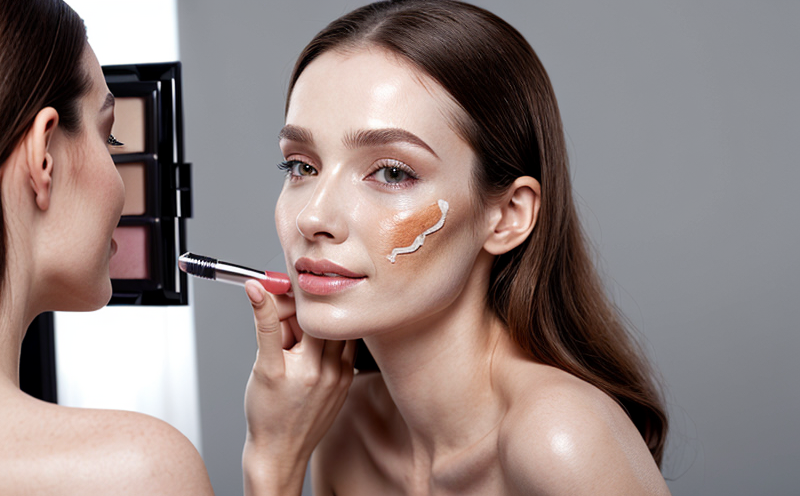Dermatological Safety Testing of Cosmetic Creams
Ensuring that cosmetic creams are safe and effective is paramount in today’s highly regulated industry. Dermatological safety testing involves a series of rigorous procedures designed to assess the potential risks associated with cosmetic products, particularly those intended for direct contact with skin. This service ensures compliance with international standards such as ISO 21029:2017 and ASTM F854-20.
The primary goal of this testing is to identify any adverse reactions or potential irritants that could cause harm when the product is used as intended. By leveraging advanced laboratory techniques, our experts meticulously analyze various parameters including pH levels, preservative efficacy, microbial contamination, and allergen content. These tests are critical for maintaining high-quality standards and protecting consumer health.
Our dermatologists conduct detailed evaluations to determine whether a cosmetic cream causes irritation or sensitization upon application. They use specialized equipment such as closed comedone chambers (CCC) and occluded patch testing devices to simulate real-world conditions under controlled environments. The results provide comprehensive insights into the product's safety profile, which helps manufacturers make informed decisions about formulation adjustments.
Furthermore, we offer customized services tailored specifically towards specific market needs or regulatory requirements. For instance, if you are developing a new sunscreen formula, our team can help ensure it meets both SPF and water resistance standards as per FDA guidelines. We also provide assistance with EU Cosmetics Regulation (EC) No 1223/2009 compliance, ensuring your products remain competitive in international markets.
In summary, dermatological safety testing plays a crucial role in safeguarding public health while fostering innovation within the cosmetic industry. By partnering with us, you gain access to expert knowledge and cutting-edge technology that enables you to produce safe, effective, and compliant products. Let's work together towards achieving your business objectives through reliable scientific evidence.
Scope and Methodology
| Test Parameters | Description |
|---|---|
| pH Measurement | Determination of the acidity/alkalinity level using pH meters. |
| Microbial Load Analysis | Quantification of bacteria, fungi, and yeast present in the sample. |
| Allergen Detection | Identification of common allergens like nuts or preservatives. |
| Irritation Potential Evaluation | Assessment using in vitro models such as human skin equivalents. |
Benefits
- Compliance with international standards like ISO and ASTM.
- Reduction in product recalls due to safety issues.
- Increase consumer trust and loyalty by ensuring safe products.
- Potential for regulatory approval and market entry expansion.
Quality and Reliability Assurance
We maintain strict quality control measures throughout the entire testing process, from sample receipt to final report generation. Our state-of-the-art facilities are equipped with sophisticated instruments capable of detecting even minute traces of contaminants or allergens. Additionally, our team consists of highly qualified professionals who adhere strictly to best practices and methodologies prescribed by relevant authorities.
Our commitment to excellence extends beyond mere compliance; we strive continuously to improve upon existing protocols based on emerging research findings and technological advancements. This ensures that our services remain at the forefront of industry standards, providing clients with unparalleled accuracy and reliability.





